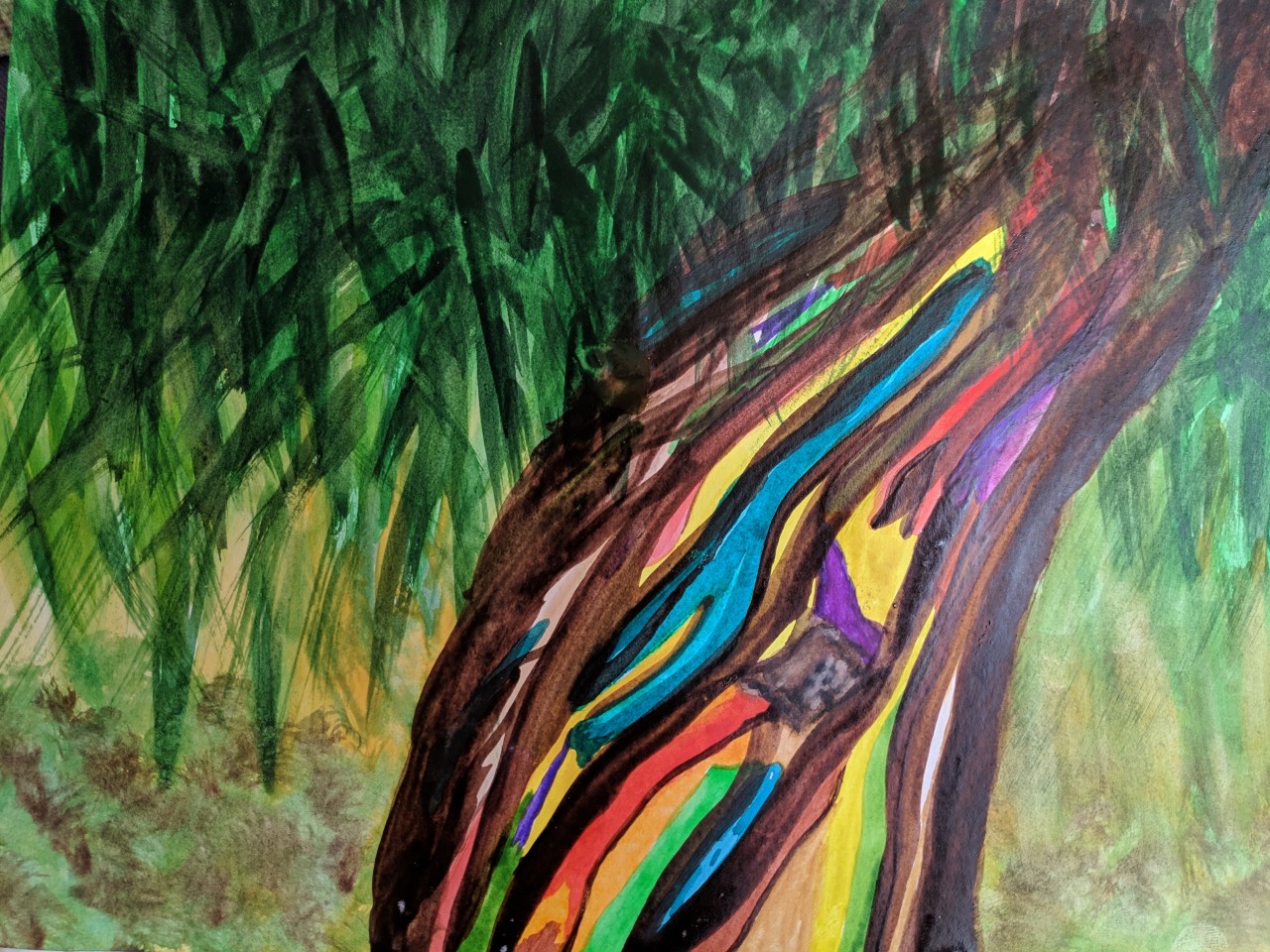The manmade cellulosics fiber – Lyocell (Tencel™)
It caught our eyes immediately. Even though the fiber is not currently as popular as cotton we find it to be quite the fabric because of its properties, innovative production process and the potential for a circular economy for fashion.
Manmade Cellulosics Fibers can be made from wood, cotton scraps, and other sources of cellulose. The traditional production processes use large amounts of solvents (conventional chemical use) to extract the cellulose and transform it into fibers leading to chemical waste and pollution for humans and environment. It can also lead to deforestation and biodiversity loss. Therefore, it is important to select Manmade Cellulosics fibers that are derived from non-endangered certified sustainably managed forests and that are manufactured more sustainably. This means chemicals, water and energy are properly managed to avoid pollution and human exposure.
Lyocell is the generic name for a biodegradable fiber that is made from treated wood pulp. Lenzing Group’s branded lyocell is known as Tencel™.
See what makes it a sustainable and preferred choice:
-
TENCEL Lyocell fibers are derived from sustainable wood sources originating from certified and controlled sources.
-
Colour retention – perfect for dyeing as it enables colour dyes to penetrate deeply into the fiber structure resulting in a long-lasting color vibrancy more than conventionally dyed fiber. You can enjoy the colour vibrancy of your garments even after repeated washing.
-
Absorb moisture efficiently in comparison to cotton, polyester and synthetics which means enhanced breathability and unfavorable for bacterial growth
-
Made in a closed-loop production process that recovers and reuses more than 99% of the solvent used and recycles process water
-
The fabric is light, naturally soft and smooth, so it feels comfortable and gentle to your skin
-
Strong and durable
-
Recyclable and Biodegradable
* Ellen MacArthur Foundation (2017). A New Textiles Economy: Redesigning Fashion’s Future, p. 117
* Textile Exchange, Preferred Fiber & Materials Market Report (2018), p.55
* Textile Exchange, Preferred Fiber & Materials Market Report (2018), p.4
* See https://www.tencel.com/sustainability, 05OCT2019

